Press Review: Blockchain and Deep Learning in Smart Learning Environments
A recent study published in Nature ("A blockchain based deep learning framework for a smart learning environment") explores the integration of blockchain technology and deep learning to address key challenges in modern e-learning systems. The research highlights the growing reliance on smart learning processes and the associated concerns regarding data security, certificate authenticity, and performance prediction.
The proposed framework leverages blockchain to store learner data securely using the Interplanetary File System (IPFS), ensuring data integrity, confidentiality, and authentication through Ethereum private blockchain wallets. Deep learning models are then applied to this secured data to predict learner performance. The system also utilizes smart contracts to automate certificate issuance, making them verifiable by all network nodes.
Based on experimental results, the deep neural network achieved a high degree of accuracy (91.29%) and low loss (about 0.18) in predicting learner performance, outperforming other studies that relied on centralized data storage.
The study also tested the university blockchain’s functionality, confirming that it met all functional requirements and demonstrated legitimacy.
- Blockchain ensures permanent, immutable, and transparent data storage.
- Ethereum is used as the blockchain platform, with smart contracts written in Solidity and deployed via the Ganache and MyEtherWallet platforms.
- IPFS is employed for efficient, distributed storage of large datasets, addressing blockchain’s storage limitations.
The research utilized the "Open University Learning Analytics" dataset, comprising 32,593 records of student demographics and virtual learning interactions. Data preprocessing included feature selection, handling missing values, encoding categorical data, normalization, and dimensionality reduction using principal component analysis.
| Deep Learning Model | Accuracy | Loss | Output Classes |
|---|---|---|---|
| Deep Neural Network (7 layers, 500 neurons per hidden layer) | 91.29% | 0.18 | Fail, Pass, Withdraw, Distinction |
The framework’s architecture includes four main node types:
- University Administration: Manages registration, rules, certificate issuance, and block addition.
- Learner Node: Handles course registration, personal data, and certificate access.
- Professor Node: Manages course data, assignments, and learner assessments.
- Employer (Guest) Node: Views certificates and course lists upon approval.
Each node registers on the blockchain network and interacts via unique addresses and wallets. Smart contracts facilitate secure transactions, such as assignment submissions and certificate issuance, with all actions recorded immutably on the blockchain.
The study also reviews related work, noting that previous research has used deep learning for dropout prediction and performance forecasting in MOOCs, often achieving higher accuracy than traditional machine learning methods. However, the integration of blockchain and deep learning in e-learning remains underexplored.
- Dropout prediction models using deep learning have shown improved accuracy over conventional methods.
- Recurrent neural networks outperform feed-forward networks in predicting student GPA due to their ability to account for performance consistency.
- Recursive neural networks require fewer parameters and offer higher prediction accuracy for dropout rates.
The implementation of the proposed framework involved developing a decentralized blockchain using Python, Flask, and PyCharm, with nodes managed via MyEtherWallet and Ganache. The system was tested for functional requirements, including node authentication, data hash validation, certificate issuance, and transaction verification.
The study concludes that integrating blockchain and deep learning provides a secure, transparent, and automated smart learning environment, with significant improvements in data security, performance prediction, and certificate authenticity.
In summary, the research demonstrates that combining blockchain and deep learning can effectively address critical challenges in e-learning, offering a robust solution for data security, transparency, and automated academic processes.
| Key Findings | Source |
|---|---|
| Deep neural network accuracy: 91.29%; Loss: 0.18 | Nature |
| Dataset: 32,593 records from Open University Learning Analytics | Nature |
| Smart contracts automate certificate issuance and assignment management | Nature |
| Blockchain ensures data immutability and transparency | Nature |
Infobox: The integration of blockchain and deep learning in smart learning environments, as detailed in the Nature article, achieves high accuracy in performance prediction, secures learner data, and automates academic processes through smart contracts, setting a new standard for e-learning systems.
Sources:















